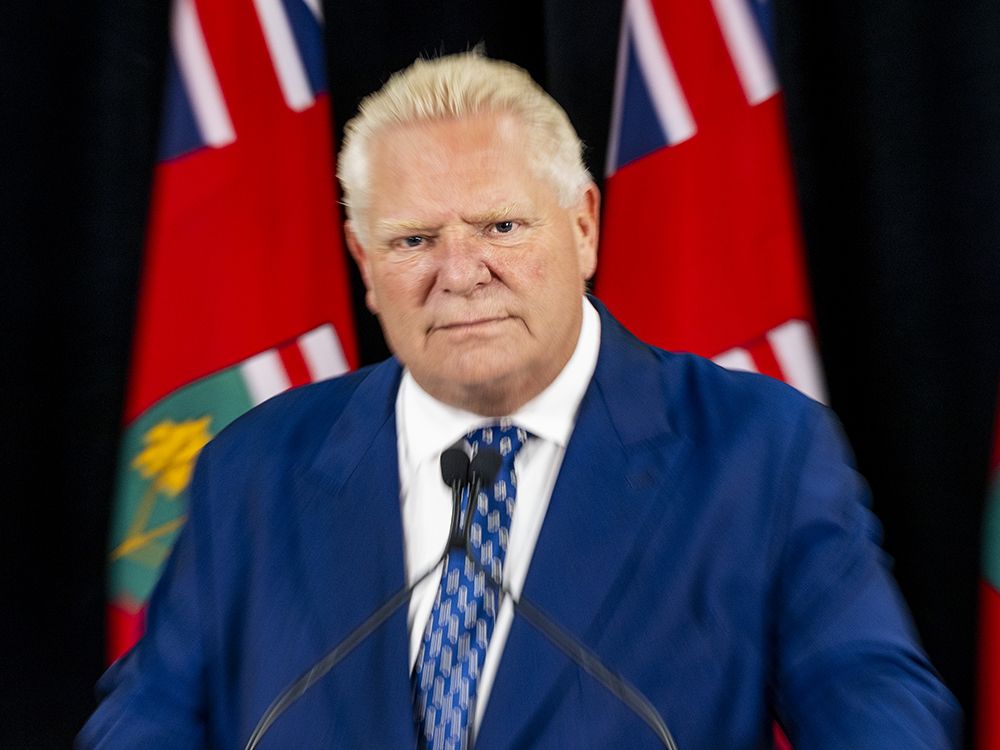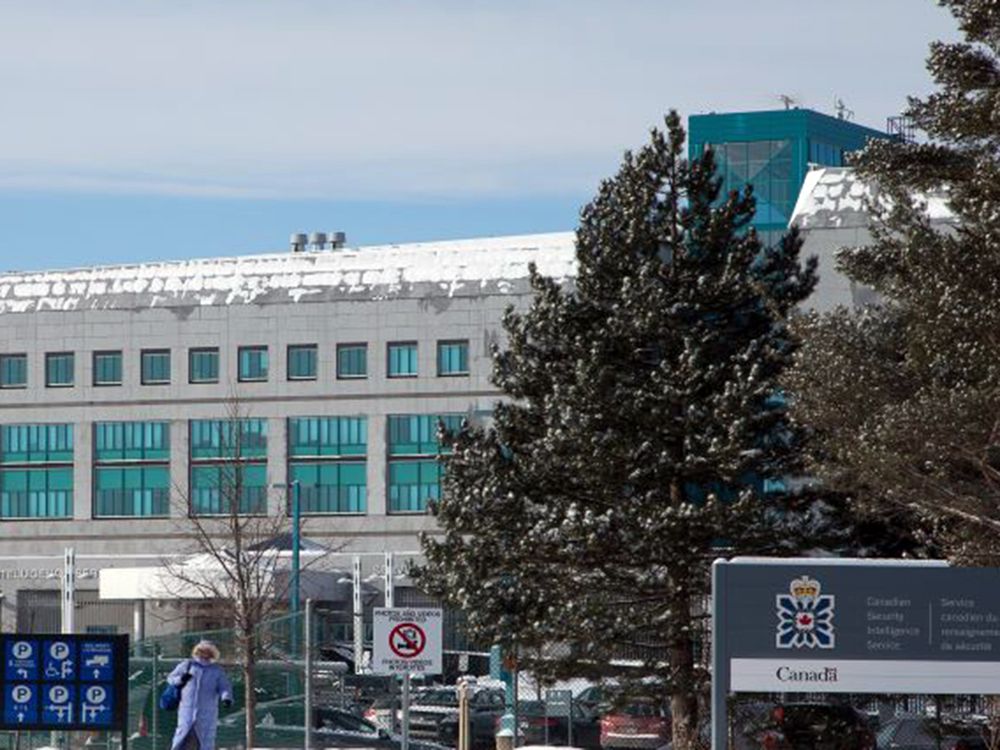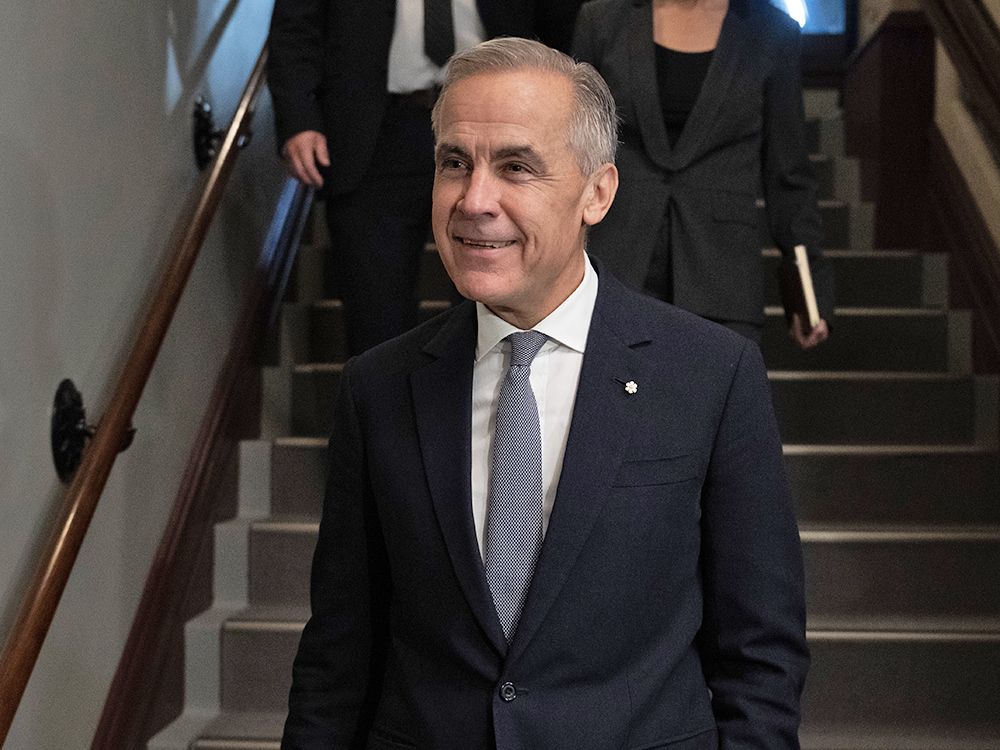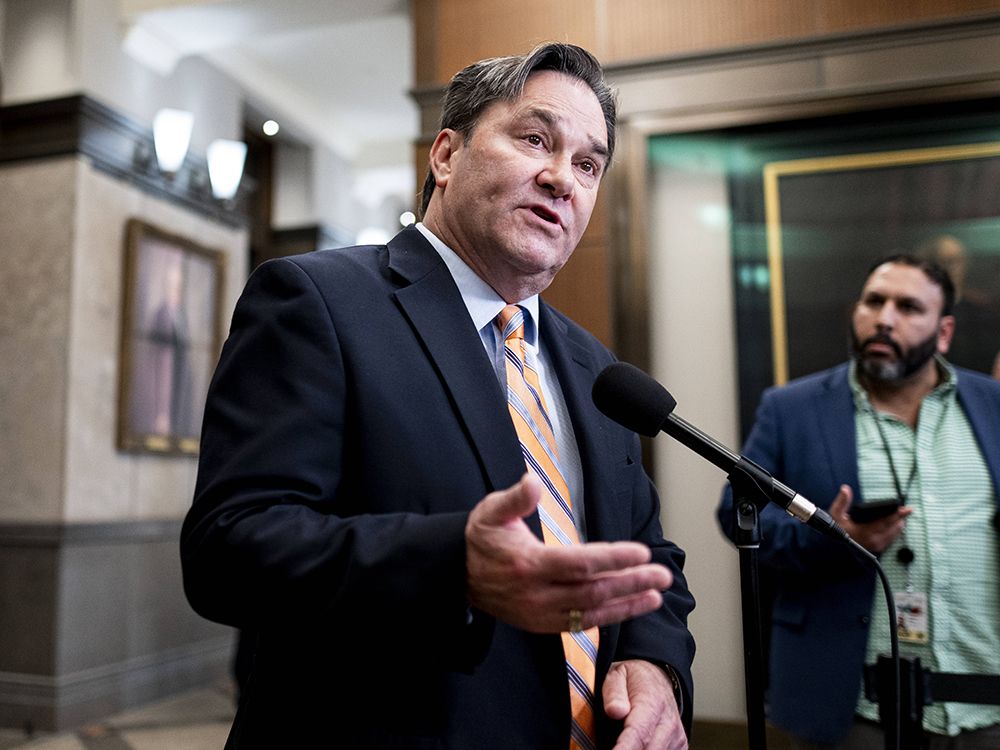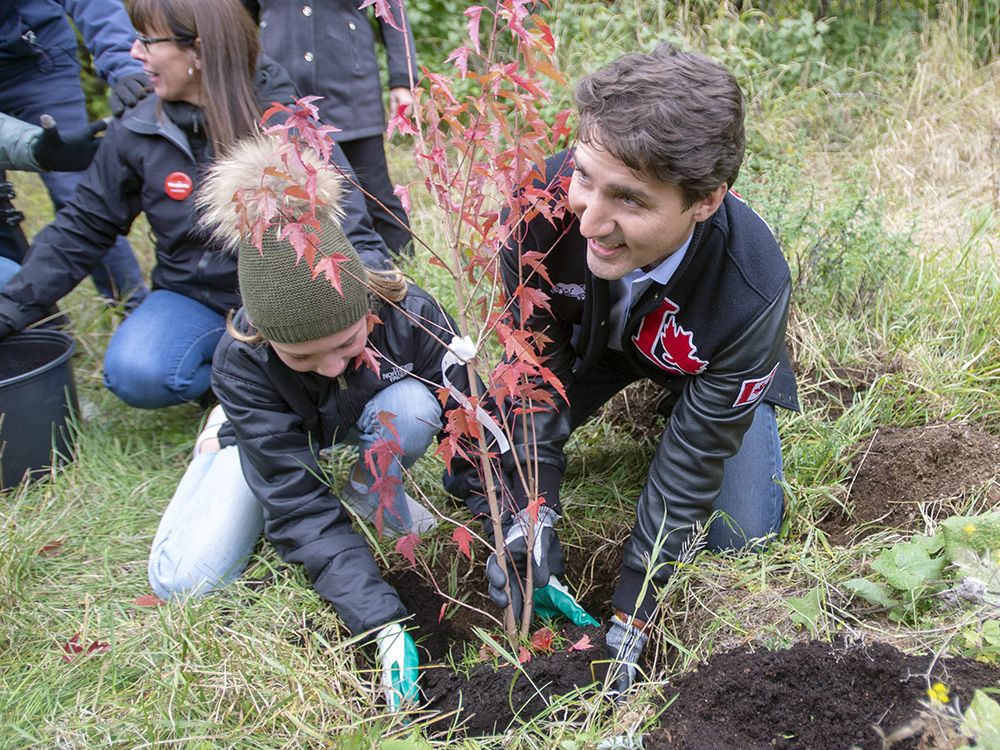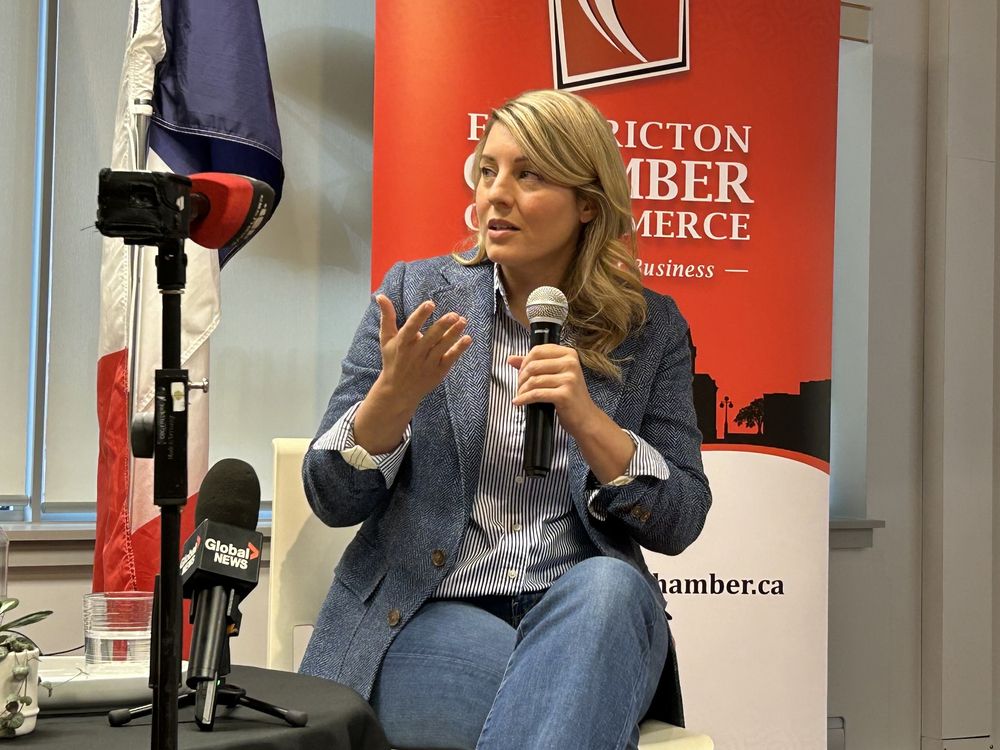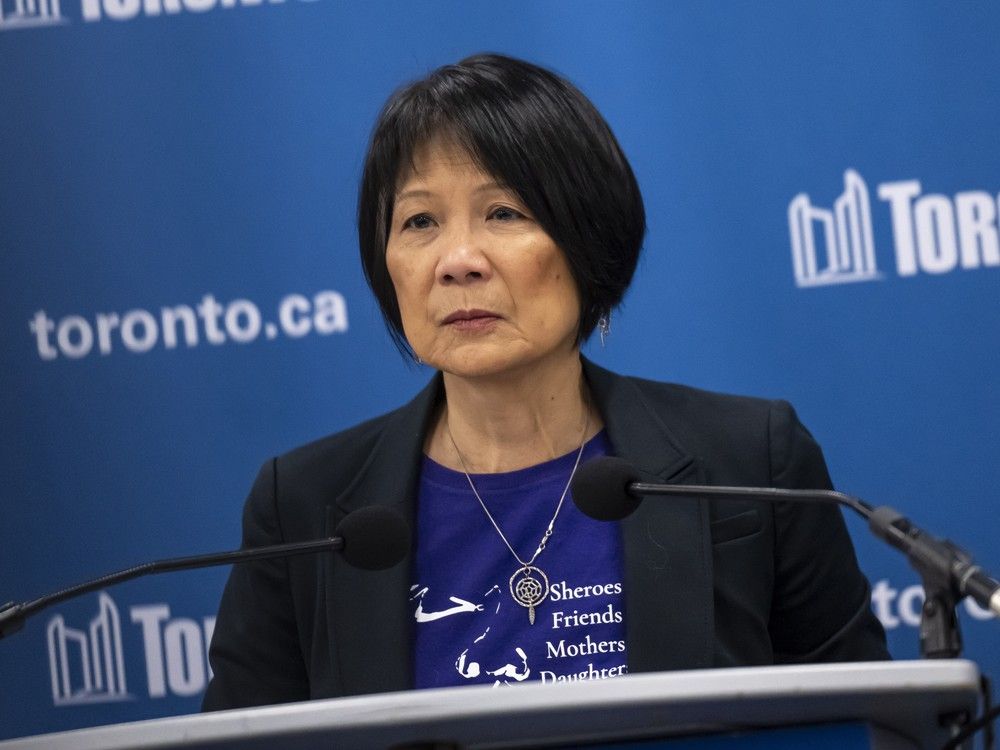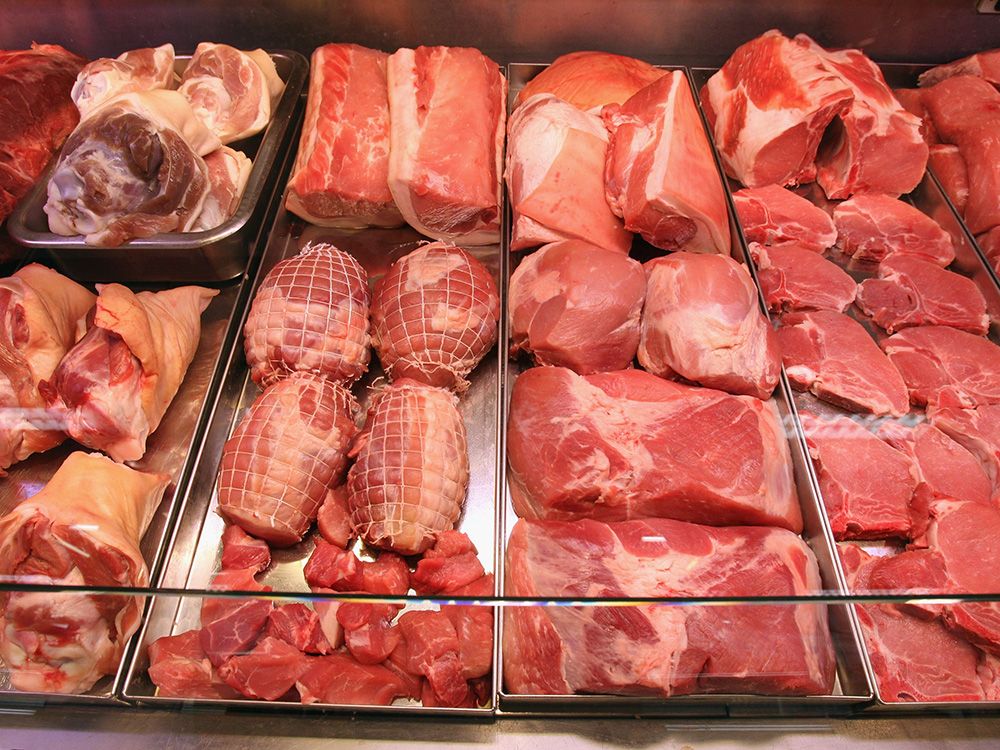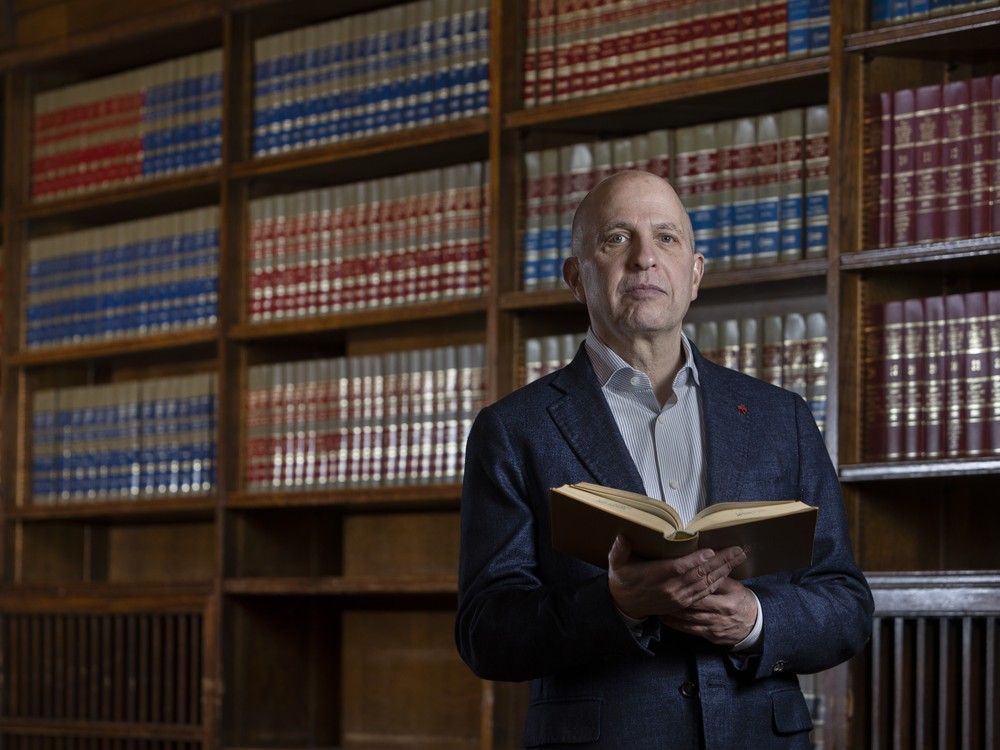
In a groundbreaking move towards greater transparency, the Law Society of Ontario (LSO) has committed in principle to publicly disclosing details when lawyers and paralegals commit crimes or professional breaches.
The move follows a
by the Investigative Journalism Bureau (IJB) into the law society’s decades-long practice of withholding such information, even in cases involving high-risk conduct by legal professionals.
In a Sept. 25 vote, the LSO’s Professional Regulation Committee
that will, for the first time, require that criminal guilty pleas and convictions be posted on the public registry for prospective clients to see.
“I strongly and unquestionably believe members of the public have the undeniable right to know this information,” vice-chair of the regulations committee Jonathan Rosenthal said in a written statement.
“I know many lawyers … were not supportive of this initiative but the LSO is not a lawyers’ advocacy group but a public interest regulator … Many consider not providing this sort of information which is in possession of the Law Society as hiding this information. That is not in the public interest.”
Also approved by the committee is a rule change that would compel the LSO to disclose disciplinary actions against lawyers and paralegals by other professional regulatory bodies and provide a link to those registries so prospective clients are aware.
The LSO’s existing bylaws must be amended before the changes can be put into practice. Both measures would apply to future cases only.
A recent
detailed hidden histories of several legal professionals who were the subject of criminal charges or convictions and of several who have faced disciplinary proceedings from other regulatory bodies. Currently, criminal convictions against lawyers in Ontario do not appear on their LSO profiles.
“As one can see from a number of recent press articles where we have had recently lawyers convicted of extorting sex from clients, of sexual assault, of fraud … at the moment, we are not telling the public about those convictions when they go to hire those lawyers,” said Toronto lawyer Megan Shortreed, who supported the rule change.
She called the pending rule changes a “no-brainer.”
“They are, in my view, actually the bare minimum and are long overdue. The Law Society continuing to withhold from the public that information that it possesses is not discharging this organization’s duty to the public nor is it maintaining public confidence.”
In several cases,
lawyers and paralegals who have been disciplined by other regulatory bodies for offences that appear nowhere on their LSO public profiles.
Among them is Stephanie Colangelo, who was a licensed high school teacher in Ontario.
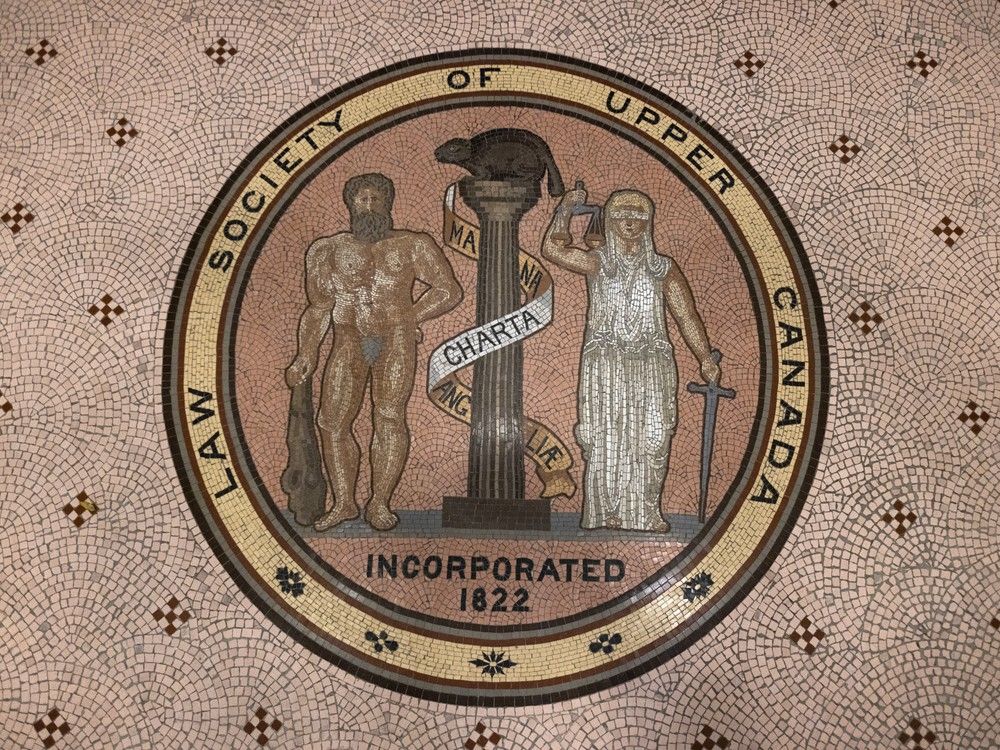
In November 2020, she pleaded guilty to sexually luring three students at the school where she taught by sending messages “of a sexual nature” including “sexualized photos and videos of herself” and telling them she would engage in sexual activity with them, including intercourse.
Four days before her guilty plea, Colangelo submitted a paralegal licensing application to the law society, using her maiden name and stating only that she was the subject of a criminal investigation.
The Ontario College of Teachers revoked her licence in 2021 and posted on its website Colangelo’s sentencing documents, along with its own findings. But Colangelo’s public profile on the LSO website still contains no reference to that revocation, her criminal charges or her conviction.
And that won’t change, because the new policy is not retroactive.
Colangelo did not respond to a request for comment.
The debate over disclosure of criminal convictions of lawyers and paralegals was contentious among committee members.
Many of the 143 submissions made to the law society’s regulation committee argued that a lawyer’s reputation would be harmed by the disclosure of convictions or findings of guilt and that disclosure would breach a legal professional’s right to privacy.
One submission contemplated that the public accessing criminal convictions could make legal professionals the targets of false allegations and result in the public being able to do “extensive research” on lawyers involved with their case.
Several benchers — that is, members of the LSO’s governing board — publicly pushed back against the proposal.
While bencher Pam Hrick told the committee that she supported some findings of guilt being reflected on the LSO public register, she questioned the scope of the proposed transparency.
“I think what is being suggested here overshoots what is necessary to protect the public interest,” she argued.
Bencher Lisa Bildy echoed the concerns, stating that while she favoured some criminal code convictions being made public, adding provincial offence convictions went too far.
“I think I’m going to vote against this because it is overbroad.”
During the debate, Rosenthal said that criminal convictions and disciplinary actions should be more accessible.
“We are hiding that information from very vulnerable people. They are at the greatest risk when they consult with a lawyer,” Rosenthal told the meeting. “The very vulnerable clients … will not have the resources to be able to find out that information before they go into a room late at night with a lawyer who may have been convicted of an offence.”
***
The ongoing IJB investigation has identified more examples of criminal findings and internal LSO actions that do not appear on public profiles available to prospective clients.
For example, Toronto paralegal Azary-Zarik Matanov has faced four different criminal charges — including a guilty plea for assault in one case — for alleged offences since 2016.
In 2016, Matanov was charged with sexual assault and forcible confinement of a woman. He pleaded guilty to common assault and received a conditional discharge and 12 months’ probation in November 2017.
He faced a sexual assault and breach of probation charges from another woman two years later that were stayed in September 2019. In March 2019, Matanov was charged with sexual assault and breach of probation by a third woman. Those charges were withdrawn in January 2020.
In 2018, the LSO considered suspending Matanov’s licence due to the sexual assault charge against him, but decided to withdraw its application, noting that his alleged behaviour “is not the type of misconduct that normally results in licence revocation.”
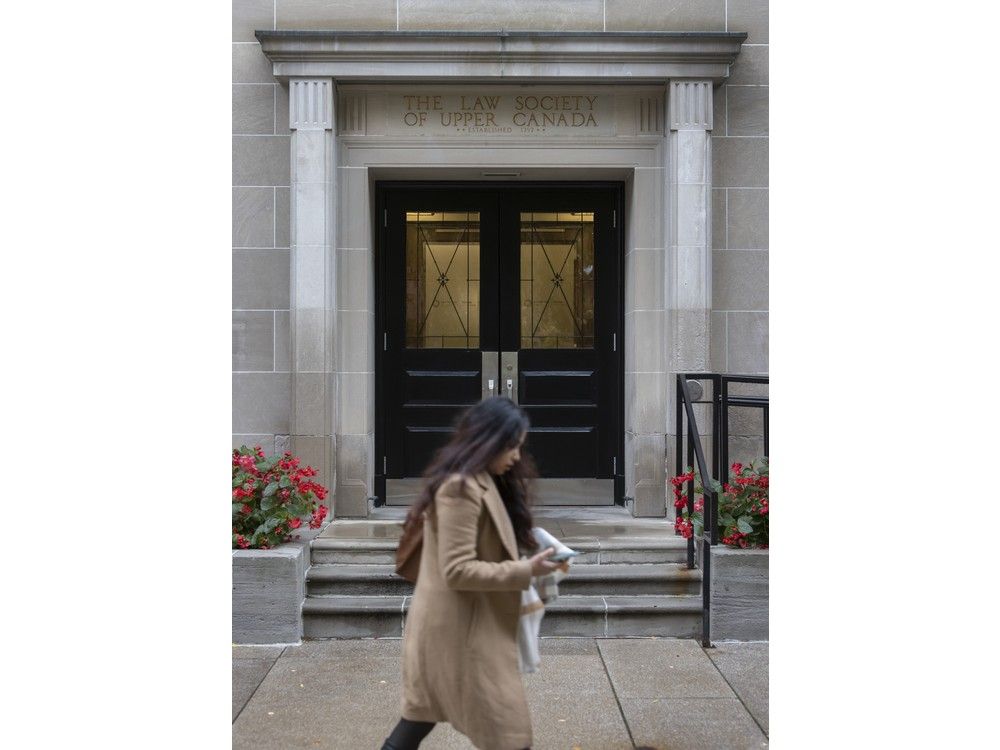
In July 2022, Matanov was charged a fourth time with sexual assault, based on a complaint from a woman who alleged he pressured her to perform non-consensual oral sex on him following a date. He was acquitted at trial in November 2024.
Matanov’s public-facing LSO profile does make brief mention that he failed to report criminal charges to the LSO under “Regulatory History.” But there are no further details on his main profile and no reference to sexual assault charges.
Matanov declined a request for an interview, but in two written statements, his lawyer, Gil Zvulony, said: “My client is not a threat to the public. He is a professional with an unrestricted licence who has been the target of malicious allegations … We acknowledge the 2016 matter was resolved with a guilty plea … That 2016 matter concluded with a conditional discharge, which is not a conviction under the Criminal Code and demonstrates the minor nature of the incident and certainly not sexual assault.”
Under the LSO’s amended disclosure practices, however, a guilty plea resulting in a conditional discharge would still appear on a licencee’s public-facing profile.
“A discharge does not eliminate the facts underlying the finding,” reads the recommendations to the LSO. “Legal professionals are expected to be of the highest integrity and therefore any finding of guilt is relevant in a regulatory context.”
***
There remains one further debate over greater transparency before the LSO. The committee did not make a final decision on a recommendation that would require the regulator to post criminal charges that have not yet been proven on the public profile of a lawyer or paralegal.
Lawyers are required to report criminal charges to the LSO, but currently that information remains hidden from the public unless the watchdog decides to trigger its own disciplinary process as a result.
Toronto lawyer
faced criminal charges of assault, forcible confinement and possession of a weapon in September 2022. The charges were withdrawn and Menchynski entered into a peace bond and secret undertakings with the LSO related to those charges that appear nowhere on his record, the IJB investigation found.
He did not respond to requests for comment.
But his lawyer, Peter Downard, previously told the IJB: “Mr. Menchynski has steadfastly denied the allegations made by the complainant … (and) entered into a peace bond without admitting to the facts that gave rise to the charges.”
Between 2021 and 2025, Sudbury lawyer
was acquitted on criminal charges of sexual assault, settled a $13-million civil suit filed by one of the complainants, was subject to two peace bonds, had practice restrictions placed on his licence and is the subject of an ongoing LSO investigation into allegations of misconduct.
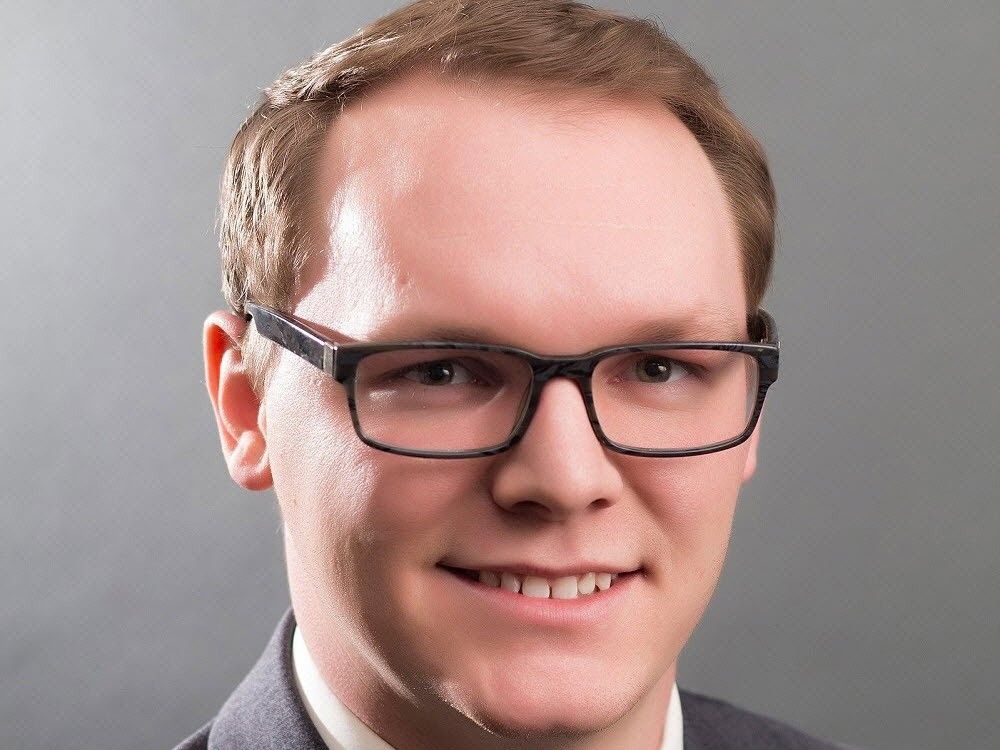
There is no record of these matters on Castonguay’s main public profile on the LSO website; all that is stated is that he is currently the subject of regulatory proceedings. There are currently no practice restrictions on Castonguay’s licence.
Castonguay did not respond to interview requests.
The recent committee debate over disclosing criminal charges featured strong reservations about posting allegations that have not been proven.
“Most respondents to the consultation expressed serious concerns about the publication of this information in the directory and emphasized the need to balance the importance of transparency with fundamental rights like the presumption of innocence, and the potential impact of systemic racism,” said LSO spokesperson
Jennifer Wing.
“These are complex questions that require additional research and deliberation.”
Regulators that oversee the conduct of doctors, dentists, nurses and all licensed health professionals in Ontario make public any criminal charges on the public registry for prospective patients to see.
Rosenthal says he will be supporting public disclosure of criminal charges against lawyers and paralegals when the issue comes to a final vote before the committee. There is no timeframe yet for that vote.
“Criminal charges are a matter of public record. Though a lawyer can easily find this information … I doubt many members of the public know this or know how to. I really hope that the LSO register will come in line with … the 27 regulated health professions.”
The Investigative Journalism Bureau (IJB) at the University of Toronto’s Dalla Lana School of Public Health is a collaborative investigative newsroom supported by Postmedia that partners with academics, researchers and journalists while training the next generation of investigative reporters.
Our website is the place for the latest breaking news, exclusive scoops, longreads and provocative commentary. Please bookmark nationalpost.com and sign up for our newsletters here.




